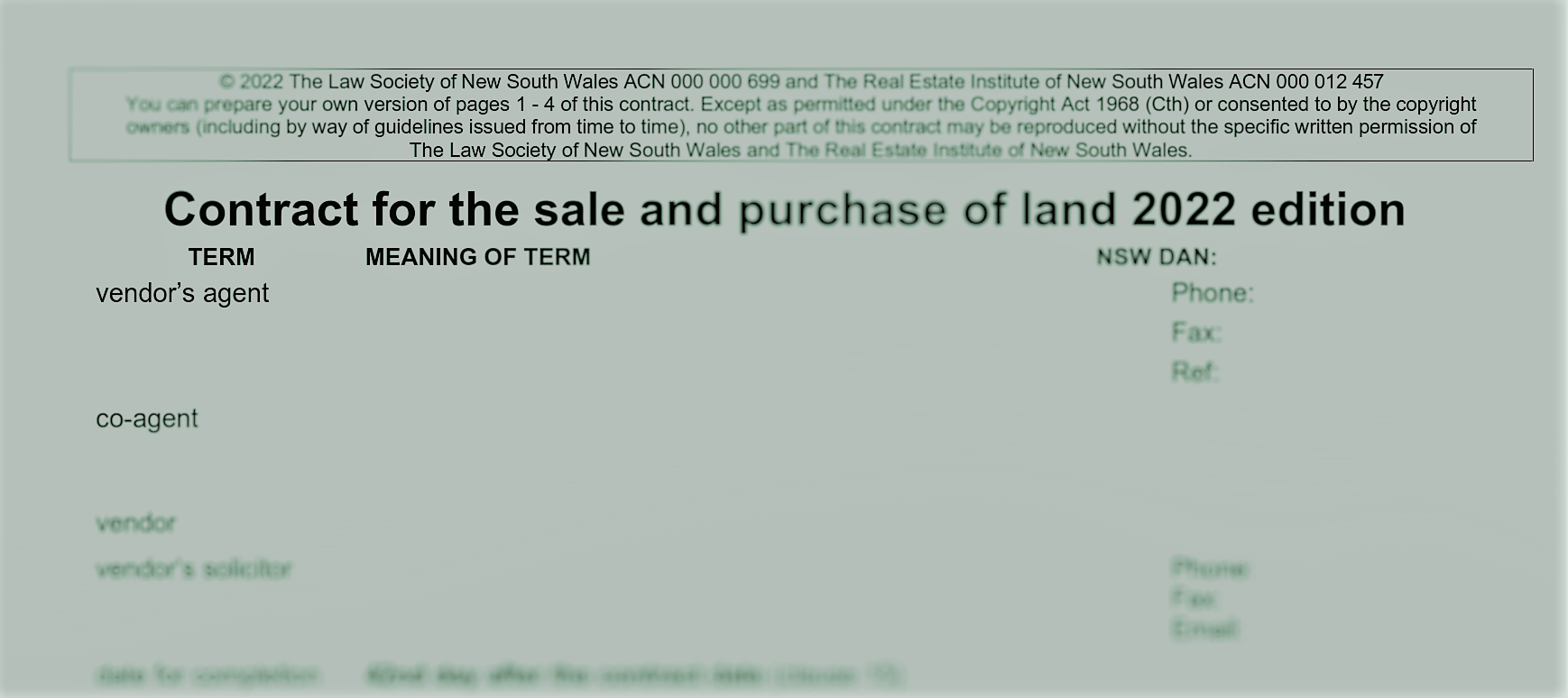
Common Types of Covenants, Restrictions and Easements Found on Property Titles 📄
Covenants and restrictions are vital components of property titles that dictate how the property can be used and improved. ⚒️ They are put in place to preserve the integrity of the property and maintain the harmony of the surrounding community.
Let's explore types of covenants, restrictions and easements that a lawyer should cover while providing the contract advice to buyers.
Covenants and Restrictions 🔗
Covenants and restrictions can take various forms and serve different purposes. Let's explore some common types of covenants and restrictions:
1. Land Usage: These restrictions impose conditions on how the land can be used. For example, there can be a restriction that the property can used for residential purposes only or prohibit certain activities, such as operating a factory or any business in the property. 🏭
2. Construction Material: The type of construction materials that can or cannot be used when constructing or making improvements to the property may be prescribed. 🧱
3. Dividing Fencing: Some restrictions require property owners to seek approval from their neighbours before making any changes to the dividing fences.
4. Fencing Style and Material: There may be specific requirements for fencing, including the style, material, color and height of the fence.
5. Fencing Location: The property owners may need to maintain some prescribed distance that fences should be from the street or dwelling.
6. Minimum Area Requirements: Some restrictions impose minimum area requirements for the dwelling on the property, including whether garages or other structures are included in the calculation. 📐
7. Parking Restrictions: Parking of certain vehicles, such as trucks, caravans, or boats, on the property may be restricted. 🛻
8. Positive Covenants: In addition to restrictions, positive covenants can also be present on a property title. Positive covenants impose proactive responsibilities on property owners which may require them to carry out certain actions that contribute to the well-being of the property or the community. 🌳
Positive covenants are often established to guarantee the continuous preservation, maintenance or provision of crucial services. This may include obligations such as ensuring the onsite stormwater treatment system is maintained as per prescribed standards. 💧
Easements
Easements serve various purposes and can have significant implications for property owners. Here are some common types of easements:
1. Drainage Easement: A drainage easement grants the right for water or sewerage to flow across or be collected on the property for drainage purposes. 🚰
2. Right of Way: A right-of-way easement allows a person or entity to pass through or use a portion of the property for access purposes. Right-of-way easements often grant neighboring properties or public utilities the right to cross the property for specific purposes. 🚶♂️
3. Utility Easement: Utility easements provide the right for utility companies to install, access or maintain utility infrastructure such as power lines, water pipes or telecommunications cables. 🔌
4. Cross Easements for Common Walls: In situations where properties share a common wall, a cross easement may be noted on the title. This easement prohibits property owners from carrying out structural renovations or damaging the wall without the consent of each affected party.
To sum up… 👍
These are just a few examples that can be present in a property title. Advising about these in a contract review is extremely crucial for the buyers so that they become aware of what they will be signing up for.
ReVal Legal Support Services is proud to call itself an expert in preparing contract advices. 💡
We are working with many lawyers and Conveyancers in Australia for getting the contract reviews done. 🤝
📧 Please Contact Us if you would like to enjoy the benefits of improved efficiency and peace of mind. 💆️





